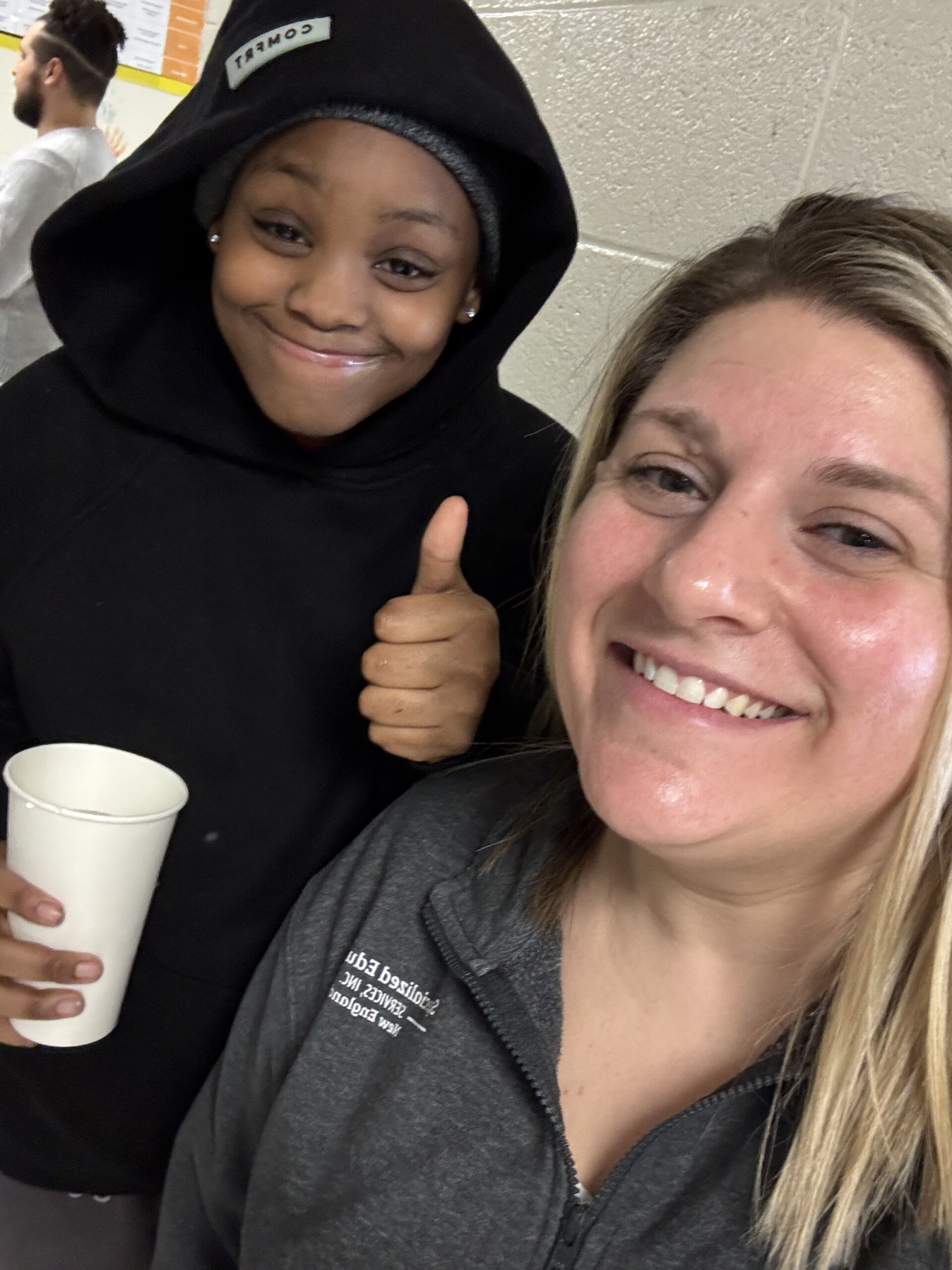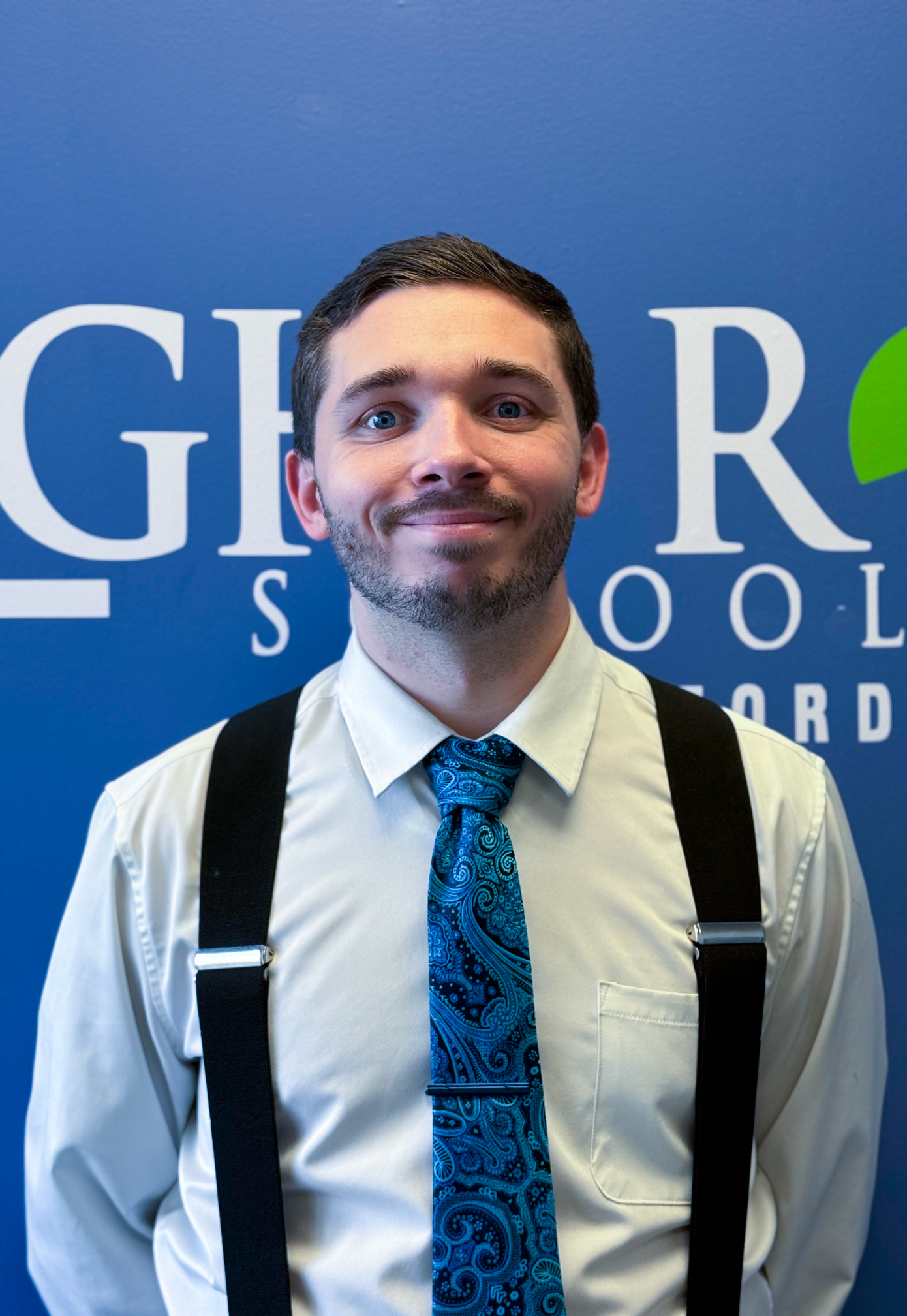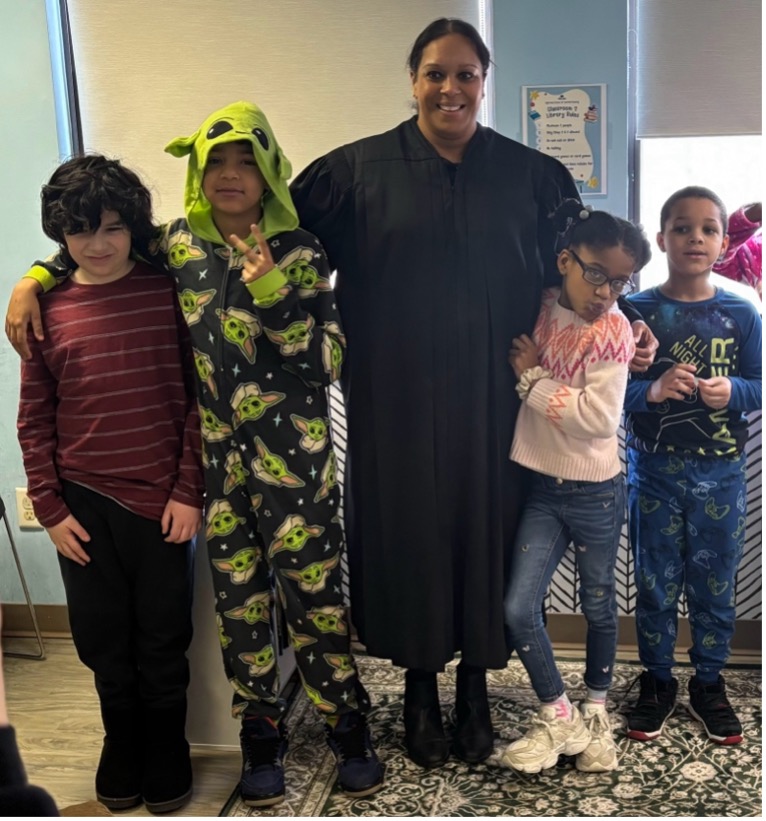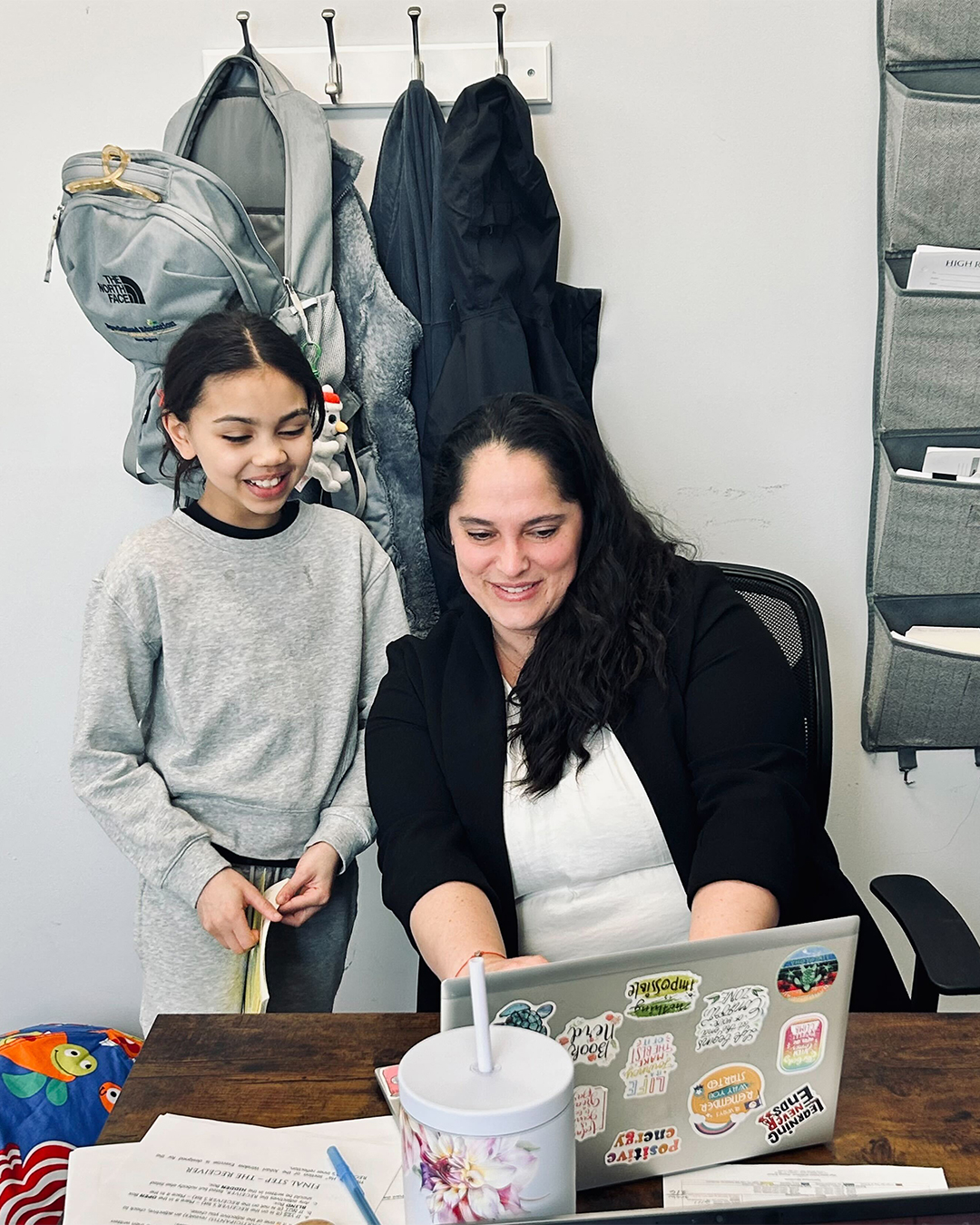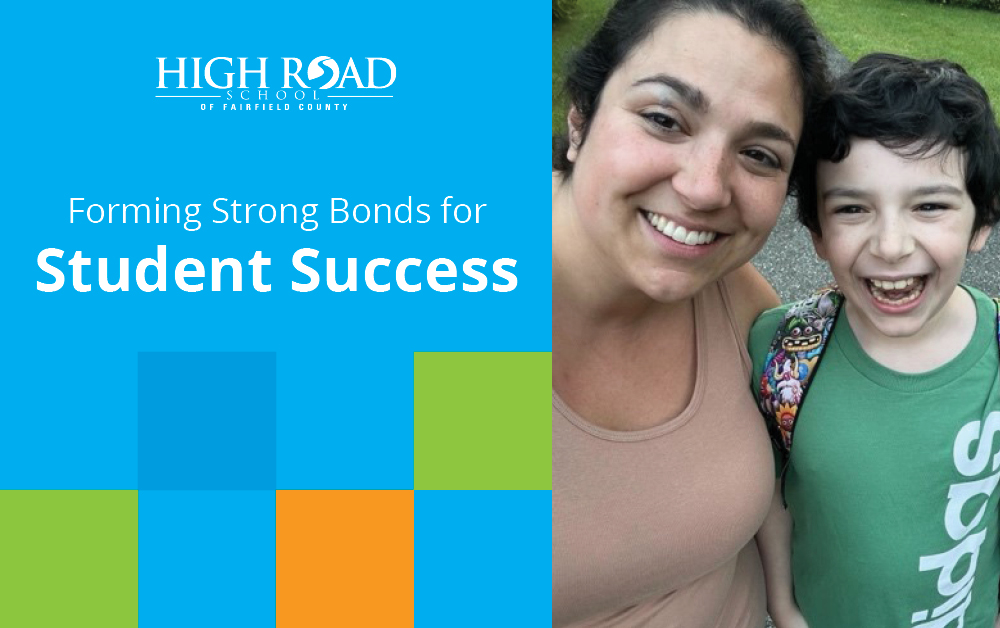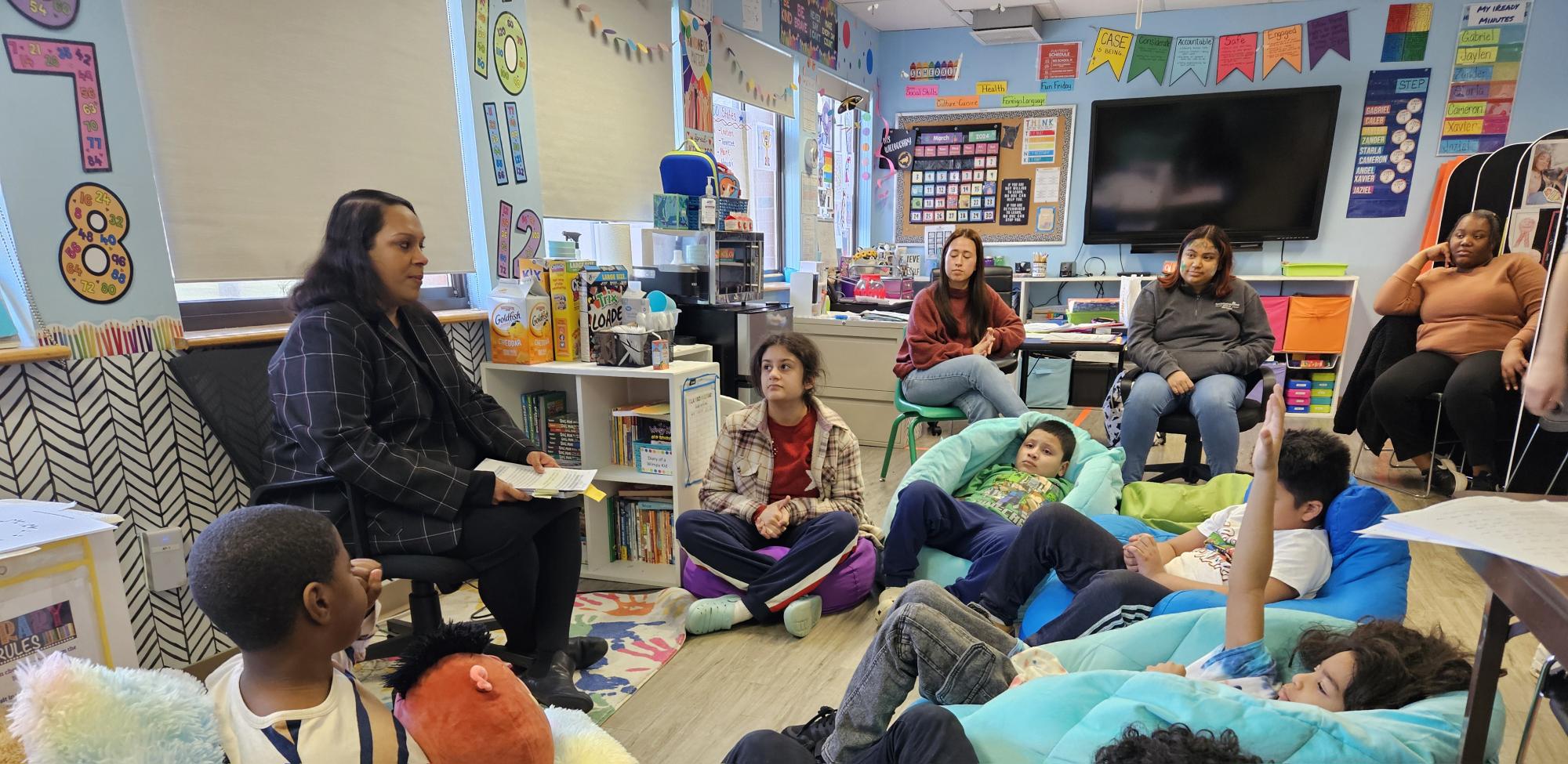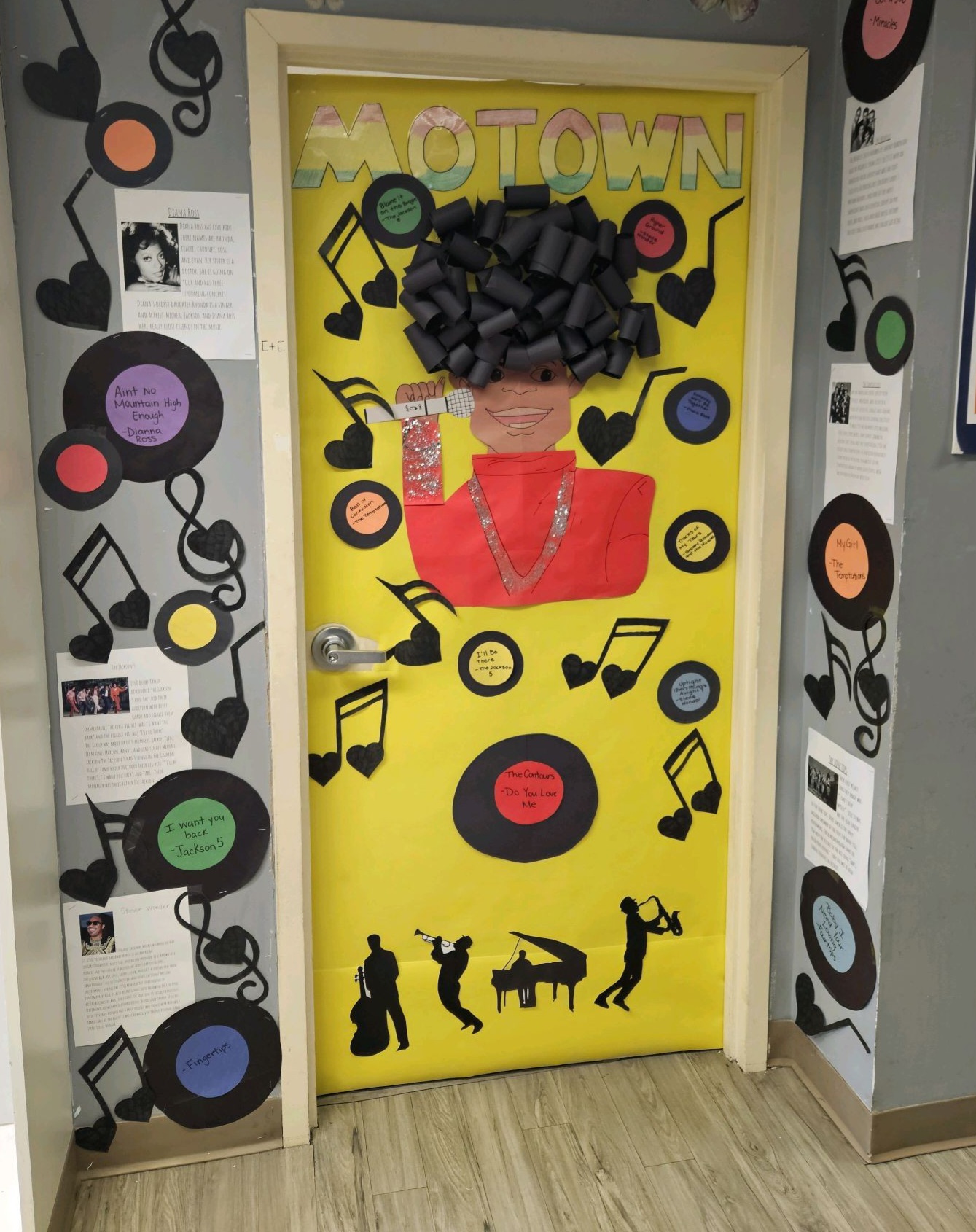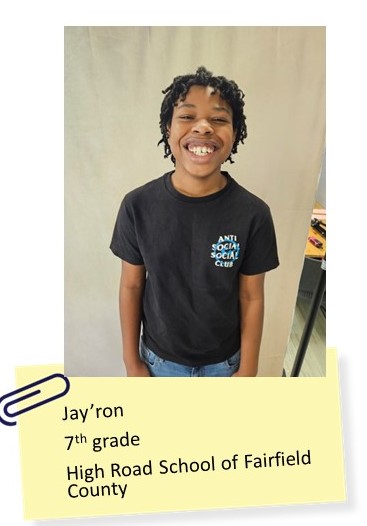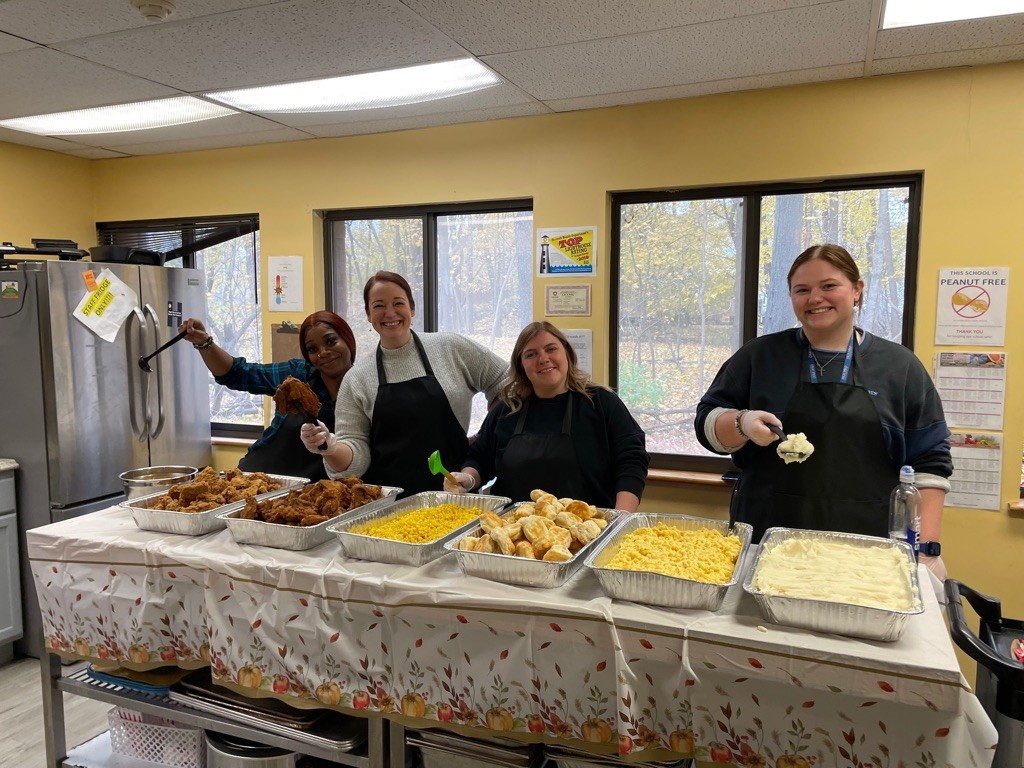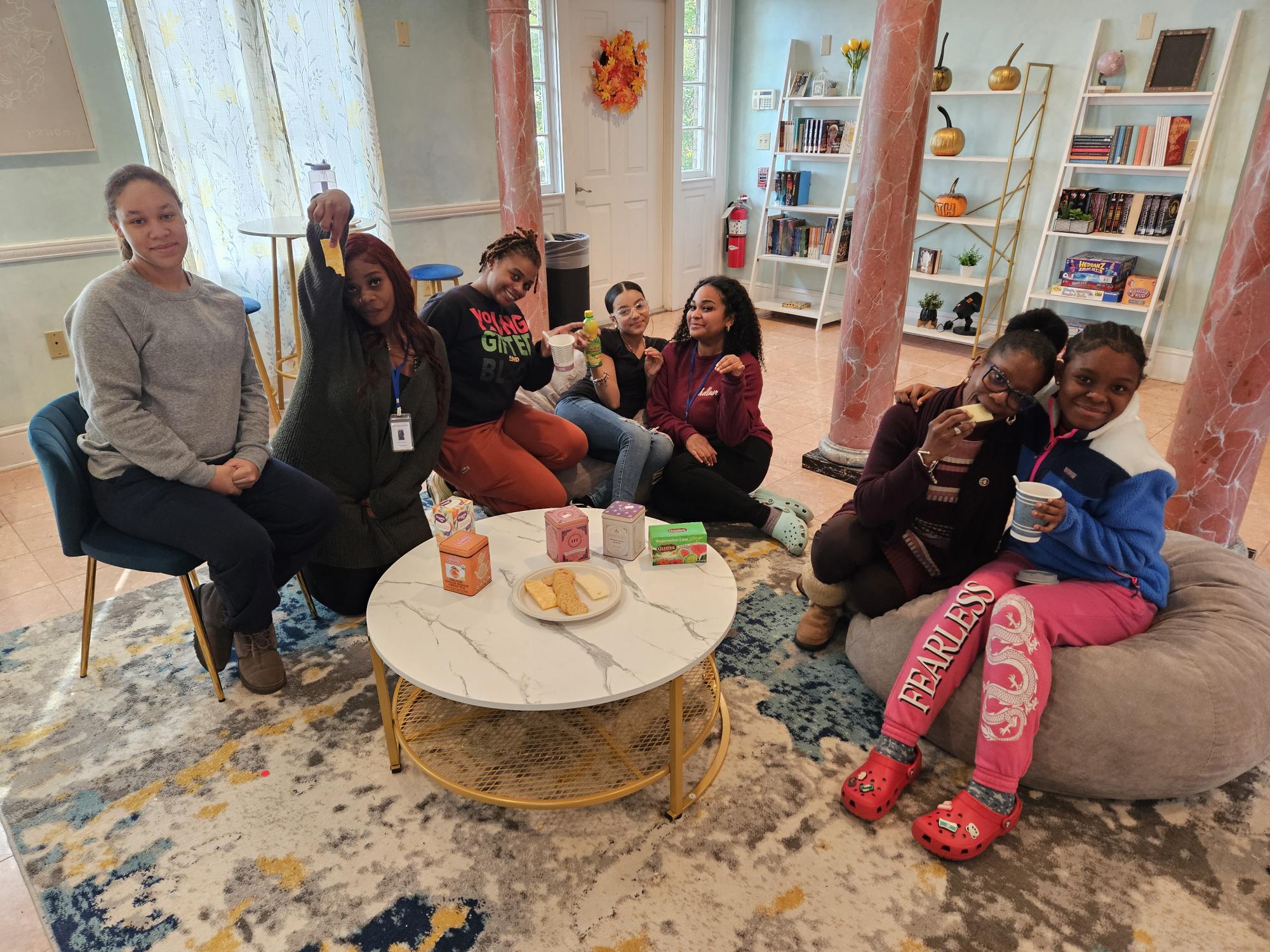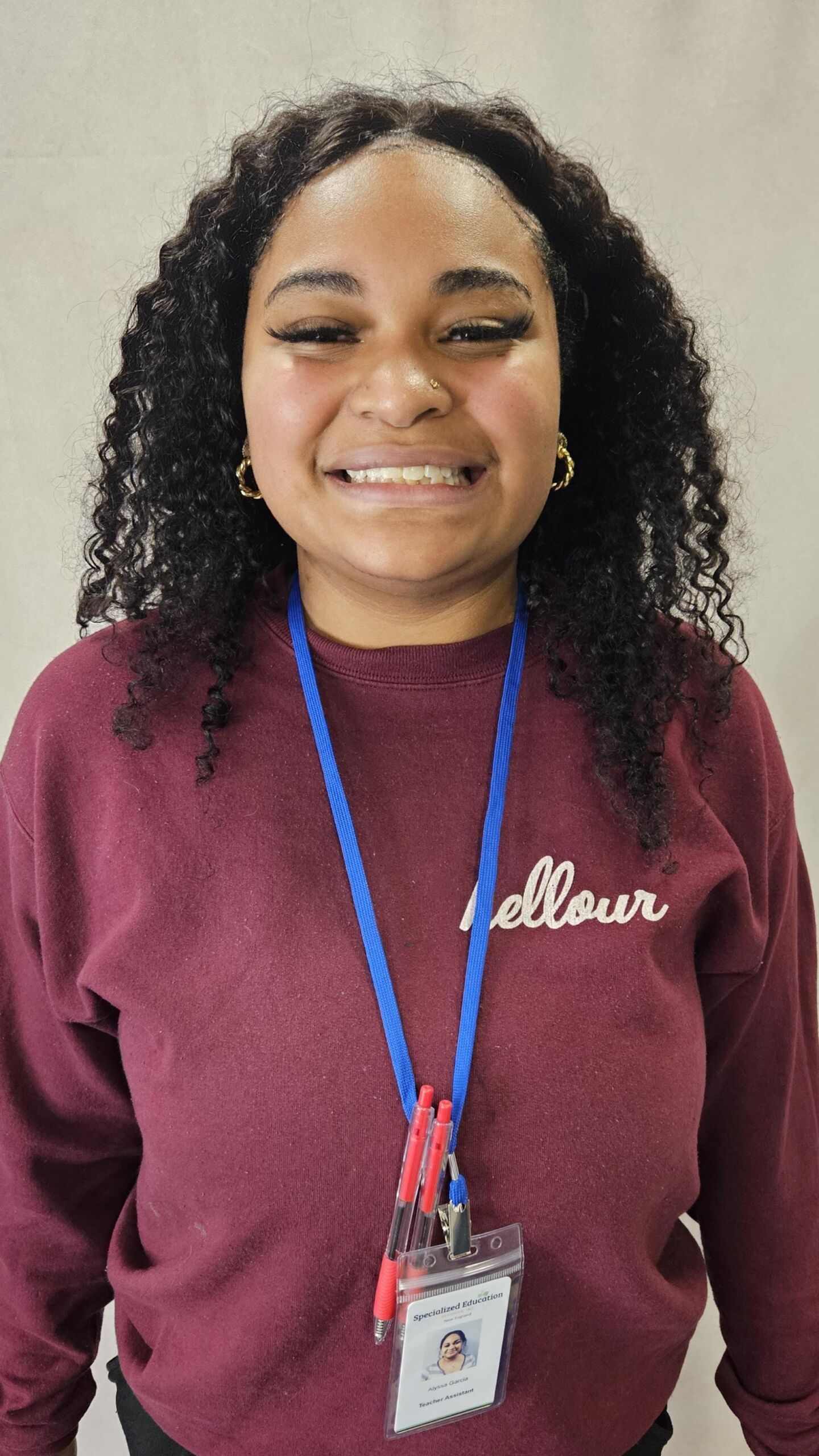High Road School of Fairfield County
The High Road School of Fairfield County is an educational program serving the instructional and behavioral needs of students in a supportive and structured environment. We meet the instructional and behavioral needs of students with exceptionalities through a program designed to focus on personalized academic and behavioral goals so that students can return to a less restrictive educational setting. Our curriculum is aligned to the Connecticut Core Standards.
Contact Us
"*" indicates required fields
Download Brochure

- (P) 203.840.1030
- (F) 203.840.1240
- 17 North Avenue
Norwalk CT 06851
Meet The Team
Alyssa Kochiss began with SESI Schools as a School Social Worker in 2015 at the High Road School of Hartford High. Ms. Kochiss earned a bachelor’s degree from Western Connecticut State University in Social Work and went on to obtain her master’s degree from Quinnipiac University in Social Work. She was the Operations Manager at High Road School of Wallingford Primary/Middle from 2017 to 2020. During the summer of 2020, Alyssa joined the BEST Academy team as the Education Director. In 2021 she obtained her 092-administrator certification with the state of Connecticut and received her Educational Leadership degree from Quinnipiac University. In the 2023-2024 school year, Alyssa become the Senior Director of both BEST Academy and High Road School of Fairfield County. Outside of school, Alyssa enjoys spending quality time with her friends and family as well as her rescue pups, Luna & Buster.
Education Director – Michelle Bellemare
Michelle Bellemare has been the education director at High Road School of Fairfield County since March 2023. Previously she was the Operations Manager at the High Road School of Wallingford and prior to that she was the School Social Worker at the Fairfield County location. Michelle has a background in social work and has experience working with families directly in the home setting and is well-versed in providing family support, behavior management strategies and crisis intervention. During her free time Michelle enjoys attending cycling classes, going to the movies and spending time with friends, family, her small dog Ellie and her birds Forest and Herbie.
School Social Worker – Caitlin Ornousky
Caitlin Ornousky has been a social worker at High Road School of Fairfield County since November 2021. She has a LMSW and certification in school social work. Caitlin previously worked with children of all ages in a therapeutic foster care agency as well as a crisis center for victims of domestic violence. She has a background in social work, individual and group counseling, working with children and their families, case management, and crisis intervention. During her free time Caitlin enjoys playing sports and spending time with family and friends.
School Social Worker – Jasmine Portugal
Jasmine Portugal has been a school social worker at High Road of Fairfield County since August 2023. Jasmine graduated from Sacred Heart University with her Masters of Social Work in May of 2023. Jasmine has a background working in social work and has experience working with students and families in a school setting. During her free time, Jasmine enjoys attending concerts and baking.
Classroom Teacher – Nichelle Byrd
Nichelle is currently a Special Education teacher at High Road Fairfield County. She has worked at High Road for about 2 years. Nichelle’s background includes 13 years of working in special education with students of all ages. Before working at High Road, Nichelle spent 11 years at Andrus Children Center in Yonkers, NY, starting as a one to one then getting certified to be a teacher’s assistant and substitute teacher. Nichelle currently attends Mercy University. Nichelle loves making a difference in her student life and always showing them, they can achieve anything they put their minds to. In her free time, Nichelle enjoys spending time with her two daughters.
Classroom Teacher – Brittany Rodriguez
Brittany Rodriguez is in her second year as the 11-12th grade teacher at High Road School of Fairfield County. She has an BS in Exercise Science and is also the gym teacher. Brittany will finish her Masters in Special Education this upcoming December. Outside of school hours you can catch her coaching gymnastics, softball/baseball, and tennis. She enjoys the outdoors, playing various sports in different rec leagues, and cooking homemade meals.
Cindy Suarez – Classroom Teacher Cindy began working at High Roads in January 2024 and first joined as 1:1 paraprofessional. Shortly after, Cindy then began working as a teacher’s assistant and is now the teacher for both the elementary and middle school classrooms. Cindy has a background in Psychology as she graduated from Central Connecticut State University in 2023, with the prospect of pursuing Special Education for her masters. Outside of the school setting, Cindy enjoys reading and being outside whether it is running, biking, or hiking. As well as spending time with family and friends.
Erin Harrigan – Classroom Teacher Erin Harrigan is a dedicated and enthusiastic educator who recently transitioned into the classroom as a Special Education Teacher. Over the last year and a half, Erin has worked as an administrative assistant, where she honed her organizational skills and developed a deep passion for supporting students’ individual needs. Currently, Erin is pursuing a master’s degree in education, which she plans to start in the spring. Known for her positivity, Erin is always ready to take on new challenges with a smile. She strives to create a welcoming and supportive atmosphere in the classroom, where every student feels valued and encouraged to succeed. Outside of work, Erin enjoys staying active by playing pickleball on the weekends and attending Orangetheory Fitness classes after work. Her active lifestyle and upbeat personality are a testament to her commitment to balance and well-being, both personally and professionally. Erin’s passion for education, combined with her positive attitude and organizational skills, makes her a valuable addition to our team and she is excited to see the impact she’ll make as she continues her journey in education!
Matthew Matejak – Transition Coordinator Matthew joined the High Road School in August 2024. Matthew graduated from University.
My son started school this year in High Road and since the moment I met the staff for school visit I had a positive vibes that it was the right school for him. Since we were struggling with him and other schools, I can tell to this day the High Road staff members are a great team, helping my son so much and helping me as a parent. I feel confident and happy that my son is attending this school. I just want to give the most positive value to High Road, School and all the staff who work day by day to help the children. I’m very thankful for them.
Our Students
Students are referred by their school district to attend High Road School and are generally in grades K–12 (aged 5 to 21). They face disabilities in a variety of areas, including emotional disabilities, learning disabilities, specific learning disabilities, autism spectrum disorders, traumatic brain injury, ADHD, other health impairments, and oppositional defiant disorder.
Our Staff
We are proud to employ certified special education teachers, staff trained in Life Space Crisis Intervention and mindfulness techniques, staff trained in emergency interventions, school social workers, consulting behavioral specialist, consulting psychologist, Speech Pathologist, and Occupational Therapy.
- To provide each student with the academic and social skills to be successful in the school, community, and family system
- To prepare students to return to a less restrictive setting as quickly as possible
- To prepare students for State of Connecticut testing programs
- To provide students with consistent and structured tutorials in order to prevent regression and produce both academic and behavioral gains
- To provide students with an array of cultural and recreational experiences
- High Road’s interdisciplinary staff is responsible for providing our comprehensive special education program. The services of a psychiatrist, occupational therapists, speech and language pathologist, and physical therapist are also available on an as-needed basis.
In addition to students referred to us by their districts for full-service, longer-term programming, we accept students for diagnostic services as well. Our short-term 40-day Interim Alternative Education Placement (IAEP) program is a fully developed academic and behavioral intervention plan that expertly meets all district needs for interim placements; it encompasses intensive academic intervention, comprehensive behavior management, and individual and group counseling. With the end goal of reintegrating participating students into their public school settings, High Road assists public school districts with appropriate placement evaluation, review, and recommendations to best meet the needs of each student.
To supplement our school’s regular 10-month school year program, we offer an ESY (extended school year) program for eligible students. This summer programming provides academic support with an eye toward preventing regression of skills and maintaining academic and behavioral skills development through such means as subject area tutorials, behavioral instruction, recreational activities, and cultural experiences.
Family involvement continues to be a staple of the High Road model, and parents are always encouraged to visit the school at any time, learn more about our program, and become as involved as they wish in the academic pursuits of their children.
Utilizing four specific instructional rotations, students are assessed academically, gain self-regulation skills, learn with district-aligned academic curriculums, and utilize integrated technology.
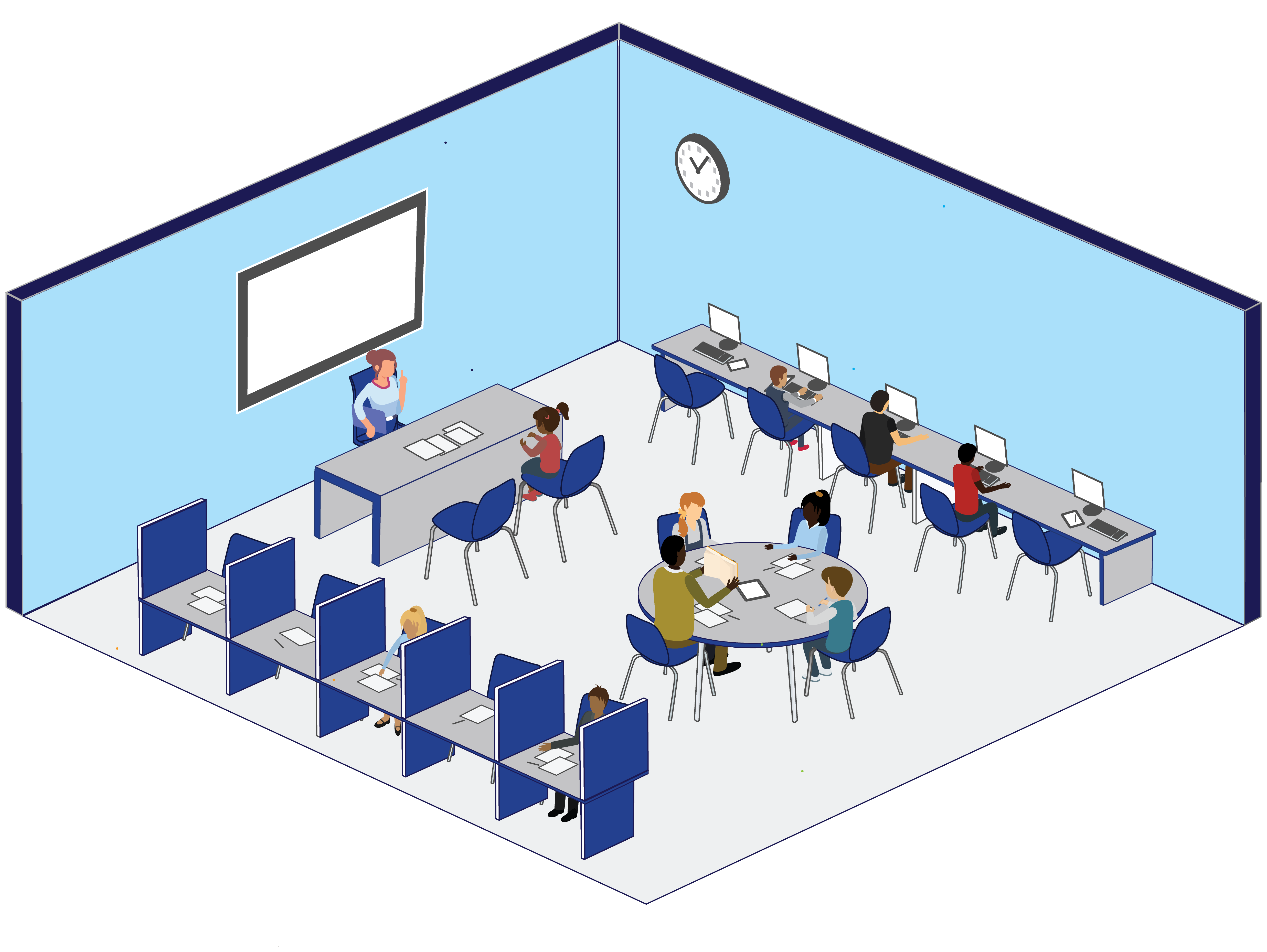
Our Speech & Language Therapy Program features a coordinated and individualized approach. In group work as well as in individual sessions, our certified speech therapists work with students to correctly produce the sounds in words, increase speech intelligibility, develop vocabulary knowledge and understanding, and utilize appropriate conversational skills. Emphasis is placed on pragmatics, such as turn taking, topic maintenance, asking appropriate questions, and socialization. Grammar, syntax, and written expression are also addressed.
Our occupational therapists support students with sensory, perceptual, and motor problems in better meeting the daily demands of their environment. OTs use directed play as the primary method of treatment; however, classroom consultation directly with teachers and assistants regarding the student’s abilities is also key to their success. Directed play includes such activities as mazes and target games to develop hand-eye coordination and ball games to increase coordination between two sides of the body. Through the use of movement, touch, and other functional activities, the student more effectively develops the responses needed to function in the classroom, home, and community environments. As the child ages and his or her needs change, the focus is on the acquisition of specific skills used in daily life. These can include learning to measure baking ingredients, personal care, or crossing busy streets, depending on the student’s abilities.
Our social workers guide students through emotional and social growth issues. They focuses on helping the student develop age-appropriate skills and behaviors for the classroom and beyond. Through the use of recreational and other activities, they assist students in building self-esteem, applying social skills, and practicing leadership and team participation. The students are seen individually and in small-group sessions. It is also not unusual to find social workers in the classroom leading social skills activities.
A consulting psychologist, behaviorist, BCBA, and a registered behavior technician are also available on an as-needed basis.
At High Road, all related services personnel work closely with classroom teachers to assure integration of learned skills into all classroom activities.
The High Road School of Fairfield County has a comprehensive Transition Program in place for all high school students. The vocational coordinators on staff address the transition goals listed in each student’s individualized educational plan, as well as coordinate vocational interest inventories, community out-placements, and on-site school jobs.
The first year of the Transition Program entails student participation in a preparatory multi-level curriculum. The Work Readiness class in the morning provides instruction in developing the basic skills needed to succeed in a job. The curriculum also provides individual student support in such areas as hygiene and professional dress, interviewing skills, taking directives, and dealing with unexpected scenarios. Each skill is taught through classroom-based instruction complemented by role-playing, to give the students an opportunity to practice typical work situations. The students must display acquisition of each skill taught before advancing to the next. The Work Readiness class runs 6 to 10 weeks, depending on the extensiveness of the content being taught.
The beginning of this phase of the curriculum also includes administering a Vocational Interest Survey that assesses student interests and aptitudes using a variety of quick-response inventories, as well as a computer-based inventory called CareerScope. The results of these reports guide the future training programs and community experiences in which each student would most likely achieve success by narrowing the employment possibilities to those that reflect their particular preferences and proficiencies.
The second component of the first-year student’s program consists of afternoon job cluster rotations. Based on areas of interest identified through the vocational surveys, students rotate among major training areas we offer to gauge true interest in performing jobs in these fields daily. Rotations are limited to three students at a time, ensuring individualized skill development throughout a two- to three-month period and giving staff and students an accurate record of the depth and breadth of their interest. Long-term success remains a guiding principle in the development of needed skills. During this phase, data collection obtained through ongoing assessments reveals specific supports the student will need to be successful (e.g., a one-to-one job coach, diminishing supervision, etc.).
After narrowing down the possibilities for the most suitable career paths per student, the second year of our Transition Program focuses on functional academics and work readiness remediation and troubleshooting, in the morning, followed by customized training in the relevant field(s) through volunteer opportunities, in the afternoon. Students enter specialized training in a specific field with the expectation of eventually completing the final phase of the program in the third or fourth year by filling a community-based employment need. This can be fulfilled in a variety of ways—through an enclave, through supported employment, or through independent or competitive employment—with the community-based opportunities negotiated and secured by our vocational training staff.
Lastly, the vocational coordinators for these community-based positions conduct periodic surveys with employers to gather feedback on what refinements are needed to continue advancing the student’s skill set. The ultimate goal is sustaining their community-based job en route to a productive and rewarding future in a field well suited to each student.
Making An Impact On Students and Families
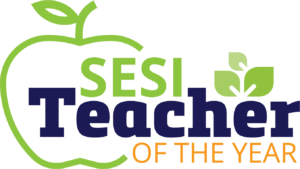
Victoria Williams
High Road School of Fairfield County
2023-2024 Campus Winner
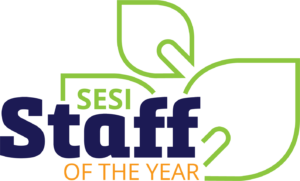
Christa Marcelin
High Road School of Fairfield County
2023-2024 Regional Winner




